
Chris Lu
Leveraging over a decade of hands-on experience in the machine tool industry, particularly with CNC machines, I'm here to help. Whether you have questions sparked by this post, need guidance on selecting the right equipment (CNC or conventional), are exploring custom machine solutions, or are ready to discuss a purchase, don't hesitate to CONTACT Me. Let's find the perfect machine tool for your needs.

Chris Lu
Leveraging over a decade of hands-on experience in the machine tool industry, particularly with CNC machines, I'm here to help. Whether you have questions sparked by this post, need guidance on selecting the right equipment (CNC or conventional), are exploring custom machine solutions, or are ready to discuss a purchase, don't hesitate to CONTACT Me. Let's find the perfect machine tool for your needs
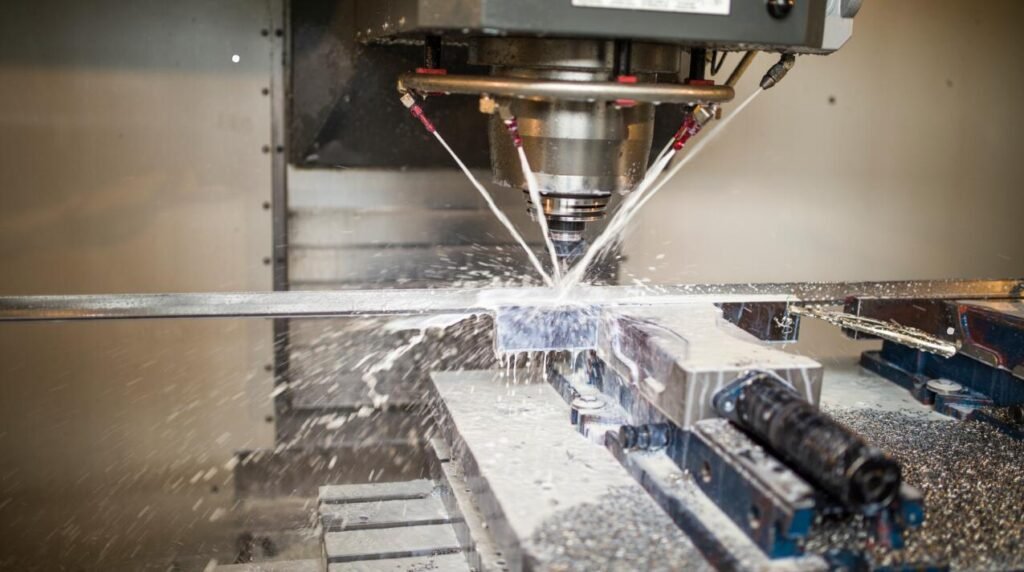
Selecting the right CNC machine tool for your business can be a daunting task. With various types, brands, and configurations available, how do you make the best choice for your manufacturing needs? In this guide, we’ll delve into the key factors to consider when choosing the perfect CNC machine, including your specific production requirements, the differences between milling and turning machines, machine stability, and precision levels.
Whether you’re looking to improve production efficiency or achieve tighter tolerances, choosing the right CNC machine tool is crucial. In this article, we’ll break down the essential steps to help you choose a machine that matches your needs, ensuring both performance and long-term reliability.
Let’s explore these important factors, starting with the first step in choosing the right CNC machine tool: understanding your specific manufacturing needs.
How Do I Choose the Right CNC Machine Tool for My Manufacturing Needs?
When choosing a CNC machine tool, the first and most important step is identifying your specific manufacturing needs. What are you aiming to produce? Do you need precision components, mass production, or complex designs? Understanding the type of work your business will handle will help you determine which CNC machine is best suited to your requirements.
The right CNC machine depends on the materials you work with, the complexity of your designs, and your production volume. For instance, if you’re working with heavy materials and large parts, you may need a machine with robust capabilities. If your work involves intricate designs, precision is key, and you may lean towards machines that offer higher accuracy and flexibility.
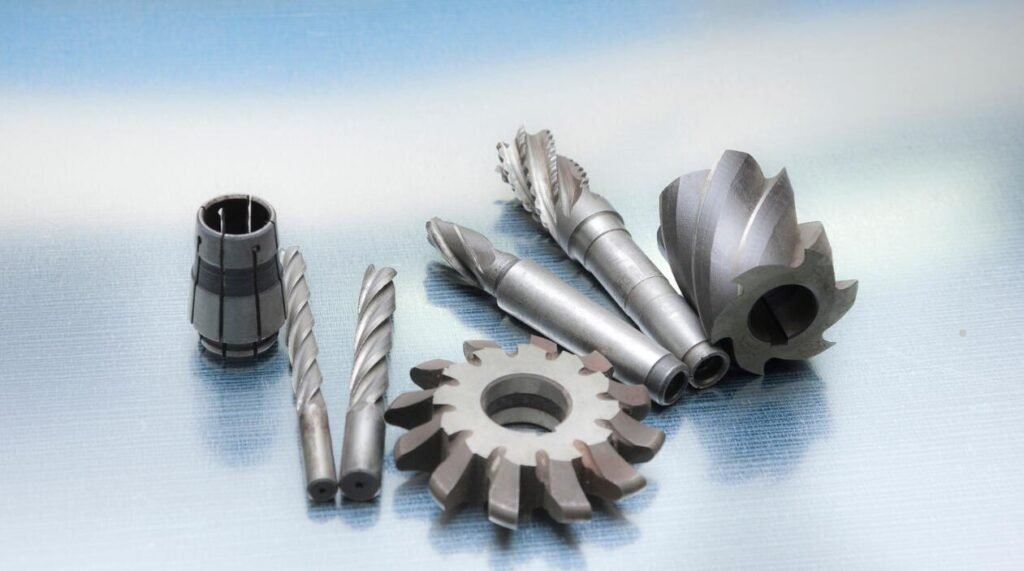
To choose the right CNC machine, you’ll need to assess factors like production speed, flexibility, and automation needs. Consider whether you require a versatile multi-axis machine that can handle complex geometries, or a simpler, single-axis machine for specific tasks. The machine’s software, ease of operation, and adaptability to future projects should also be factored in.
What Are the Key Differences Between CNC Milling and CNC Turning Machines?
When selecting a CNC machine, you may come across two primary types: CNC milling and CNC turning. What’s the difference between the two, and how do you know which one to choose? Milling and turning machines serve different purposes, each suitable for specific tasks.
CNC milling machines are primarily used for cutting and shaping materials using rotary cutters, while CNC turning machines use a rotating workpiece and stationary tools to cut and shape. Milling is ideal for tasks that require the removal of material from multiple angles, while turning is best for cylindrical parts and jobs that require a smooth finish along the axis.
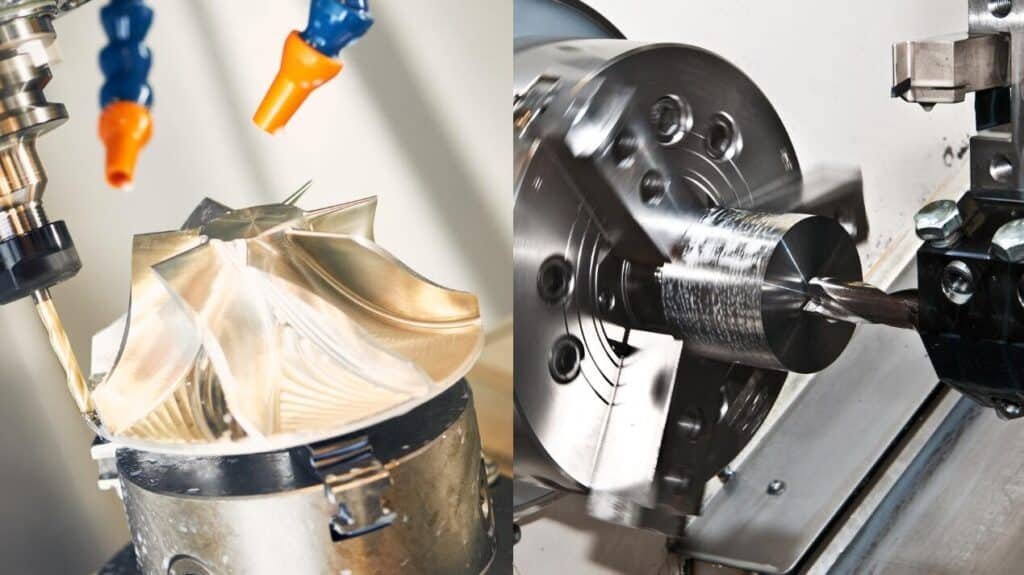
CNC milling machines are often chosen for creating complex parts, where multi-directional cuts are needed. In contrast, CNC turning is better suited for cylindrical components like shafts, rings, and pipes. Each machine has its unique capabilities, and the decision should be based on the shape, complexity, and volume of the parts you need to produce.
Why Is It Important to Consider Machine Tool Stability When Selecting a CNC Machine?
Machine tool stability is another critical factor to consider when selecting a CNC machine. But why does stability matter? The stability of a CNC machine affects its ability to produce high-quality parts consistently over time.
A stable CNC machine minimizes vibrations and deflections during operation, which can lead to inaccuracies. Machines with superior rigidity and stability ensure precise cuts, reducing the likelihood of errors and rework, which is especially important when working with tight tolerances or high-speed operations.
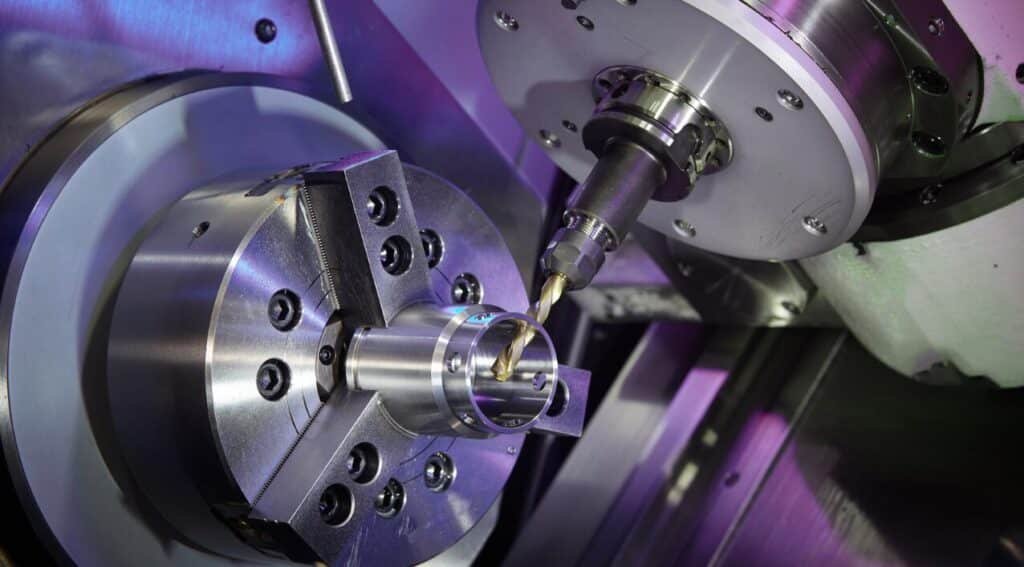
The construction materials of a CNC machine, such as cast iron or high-grade steel, play a significant role in its stability. High-quality machines are engineered to withstand forces during operations without compromising on performance. When selecting a machine, assess the quality of its frame, spindle, and other key components, as these directly impact the machine’s overall stability.
What Should I Look for in Terms of Precision and Tolerances When Selecting a CNC Machine Tool?
Precision is one of the most critical features of CNC machines. But what should you specifically look for when assessing a machine’s precision and tolerances? Understanding how tight tolerances are required for your work will help determine the level of accuracy your CNC machine must offer.
Tolerances refer to the allowable deviation from the target dimensions. CNC machines with tight tolerances are essential for industries where precision is paramount, such as aerospace and medical device manufacturing. It’s important to assess both the machine’s repeatability (how consistently it can produce identical parts) and its ability to achieve fine tolerances during complex cuts.
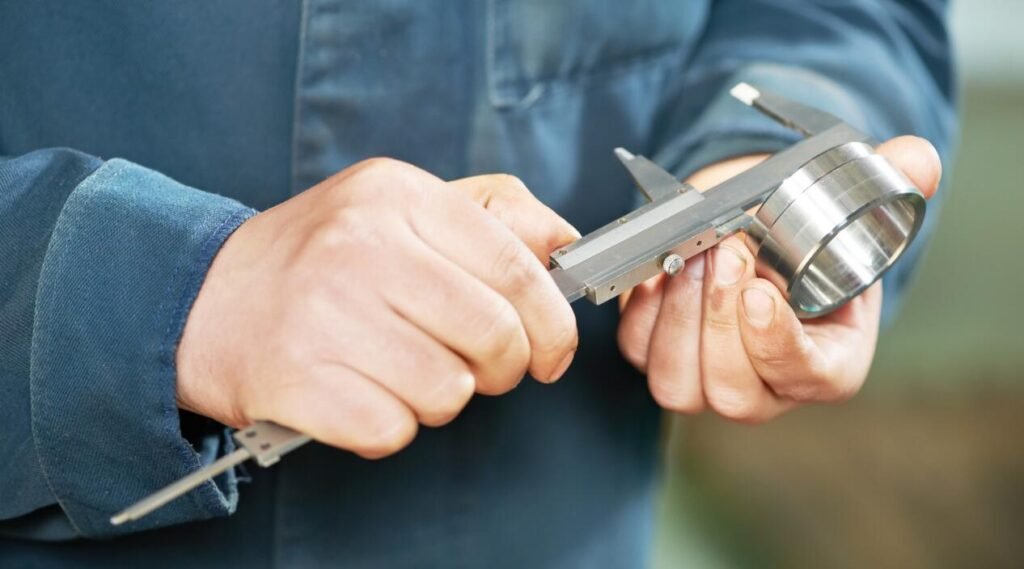
To achieve the highest precision, look for CNC machines with high-quality linear guides, advanced control systems, and minimal backlash. The resolution of the machine’s encoder and its ability to compensate for thermal expansion or tool wear also play an essential role in maintaining tight tolerances throughout a production run.
Conclusion
Choosing the right CNC machine tool for your manufacturing needs is a crucial decision that requires a deep understanding of your business requirements, the specifics of your production tasks, and the capabilities of different machines. As you’ve seen, factors like machine type, stability, and precision all play a significant role in ensuring your business operates efficiently and produces high-quality parts.
At J&M, we understand that each manufacturing business has unique needs. Whether your focus is on speed, volume, or precision, we work closely with you to understand your challenges and recommend the most suitable CNC machine tool. With our extensive experience in the industry, we guide you through the selection process, ensuring that your choice aligns with both your immediate needs and long-term goals.
By taking the time to carefully evaluate the specifics of your operations, we help you make a well-informed decision that will support your production capabilities and improve your overall efficiency. With J&M’s help, you can confidently invest in a CNC machine that delivers optimal performance and reliability for your business.
